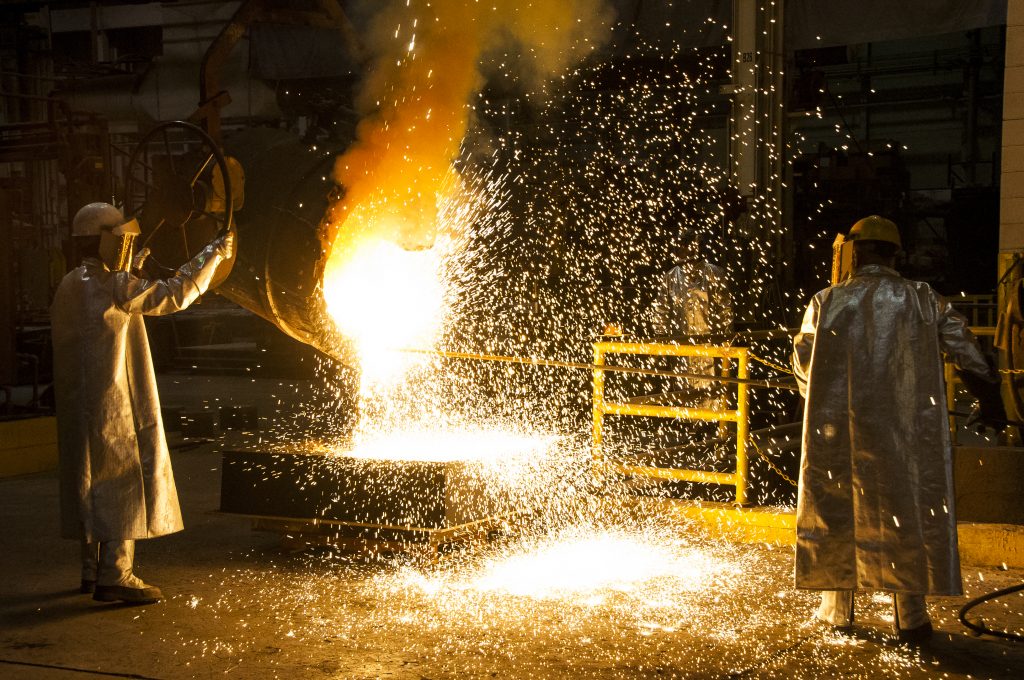Across the economic and political arena, eerie reminders of a dark past have been rearing their heads. The waves of nationalism, populism and protectionism, which have become increasingly evident in the past few years, are not a far cry from the the global outlook in the 1930s. By now, the overly-familiar concepts of Brexit, a Trump presidency and international anti-establishment reactions have become pervasive and even scary.
In his latest backlash against the accepted paradigm of free trade in economics, President Trump has announced his intention to impose tariffs of 25% and 10% on steel and aluminium imports respectively. This fresh bout of protectionist foreign policy signals a departure from the much-accepted concept of free and open trade, in accordance with the guidelines of the World Trade Organisation (WTO), of which the United States is a member. The President declared his intention in regard to the tariffs through his favoured mode of communication, twitter, and further triggered the nervousness of many observers with what appeared to be a commitment to a trade war. Commenting on the European Union’s inevitable retaliation of tariffs of their own, Trump tweeted, ‘If they drop their horrific barriers & tariffs on U.S. products going in, we will likewise drop ours.’ This tit-for-tat in economic policy will fail to correct the US trade deficit, as Trump so desires, but will instead serve to make American consumers worse off.
The logic driving the policies of President Trump is that placing imports on steel and aluminium will protect the US steel industries from the glut of cheaper steel flowing into the country from across the globe. However, this reasoning is flawed on multiple levels. First, Mr. Trump’s ‘enemy’ of sorts in the drive to ‘make America great again’ is the immense economic force of China. It is his belief that through imposing tariffs, US steel manufacturing will not be undercut and damaged by that of cheap Chinese imports. But what the leader of the free world does not recognise is that China accounts for only 6% of the US steel and aluminium imports. This contrasts to his allies in the EU, whom provide 16% of such imports. Thus, his friends in the EU will be much harder hit than his economic rival.
Another oversight in the President’s economic policy is his inability to grasp the negative impact this policy will have within his own borders. Whilst Mr. Trump attempts to protect the dwindling US steel industry from the inevitable specialisation in the US economy towards services, he is neglecting the millions more who find employment in steel related industries. For the 140,000 Americans working in steel mills, as of 2015, then, yes, these tariffs could well be a good thing. But such a perspective discounts those 6.5 million Americans who manufacture products which use steel. For them, the soon to be increasing price of steel will raise production costs, and, with the retaliation of tariffs from trading partners such as the EU, their relative export costs will also rise.
Though the impact of this trade policy will be negative; it should not be disastrous. Disaster will strike at the point at which this initial act of protectionism escalates into a full-scale trade war. Tariffs are will be met by tariffs, and a by US President who believes ‘trade deals are good, and easy to win’. The excuse of national security is little more than a loophole in the WTO rules, yet it will likely still challenge these actions, perhaps provoking a volatile Mr. Trump to withdraw altogether. Such a prospect is unfathomable, but then again, this was the case with many of the economic and political decisions in recent times.
It is paramount that the international community stands firmly with the concept of free trade and prevent the slippery slope towards an increasingly protectionist world. The latter half of this decade may appear to be the enactment of our history lessons, but actions must be taken now, in the present, to prevent the nightmares of the past recurring.

